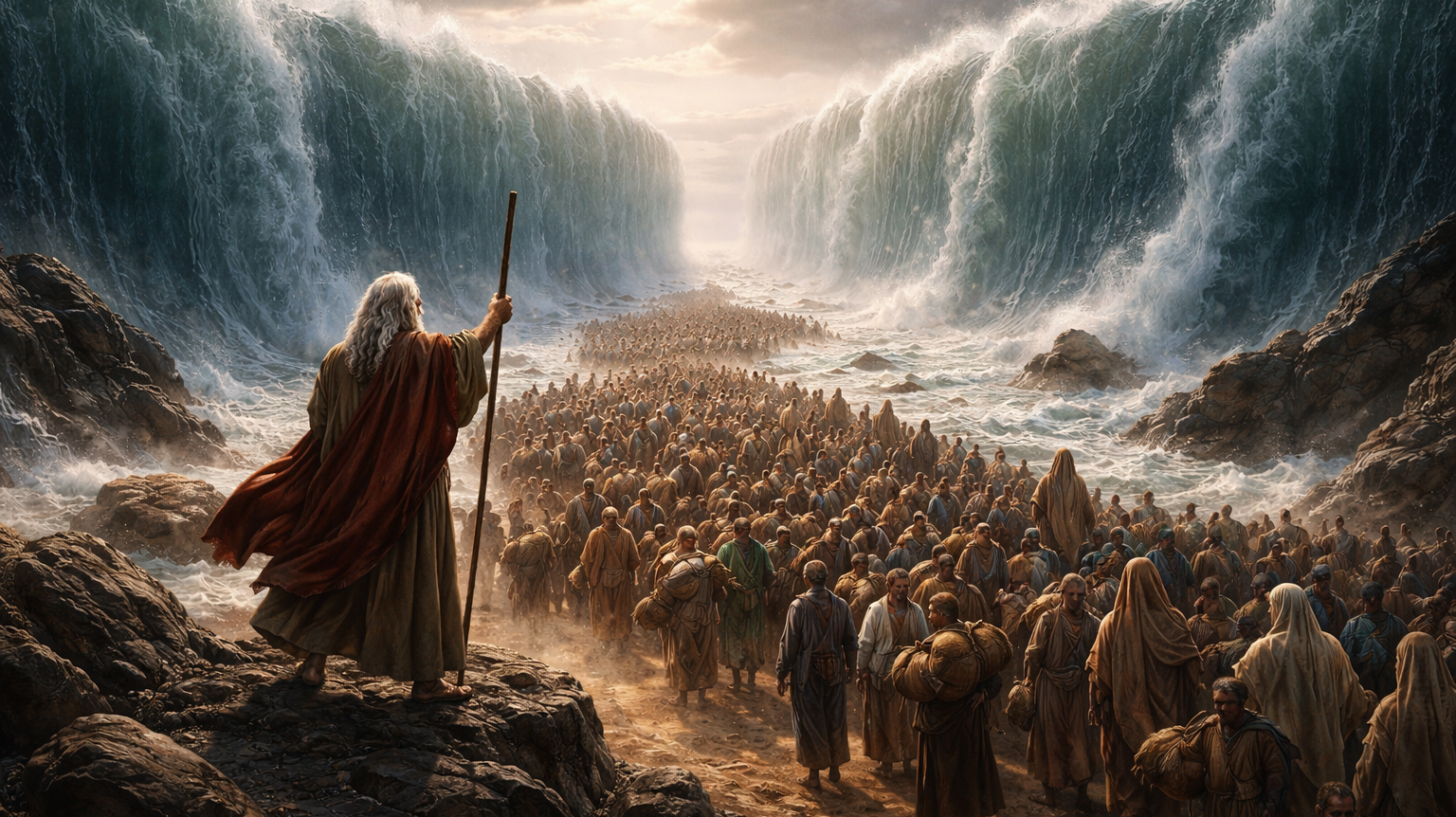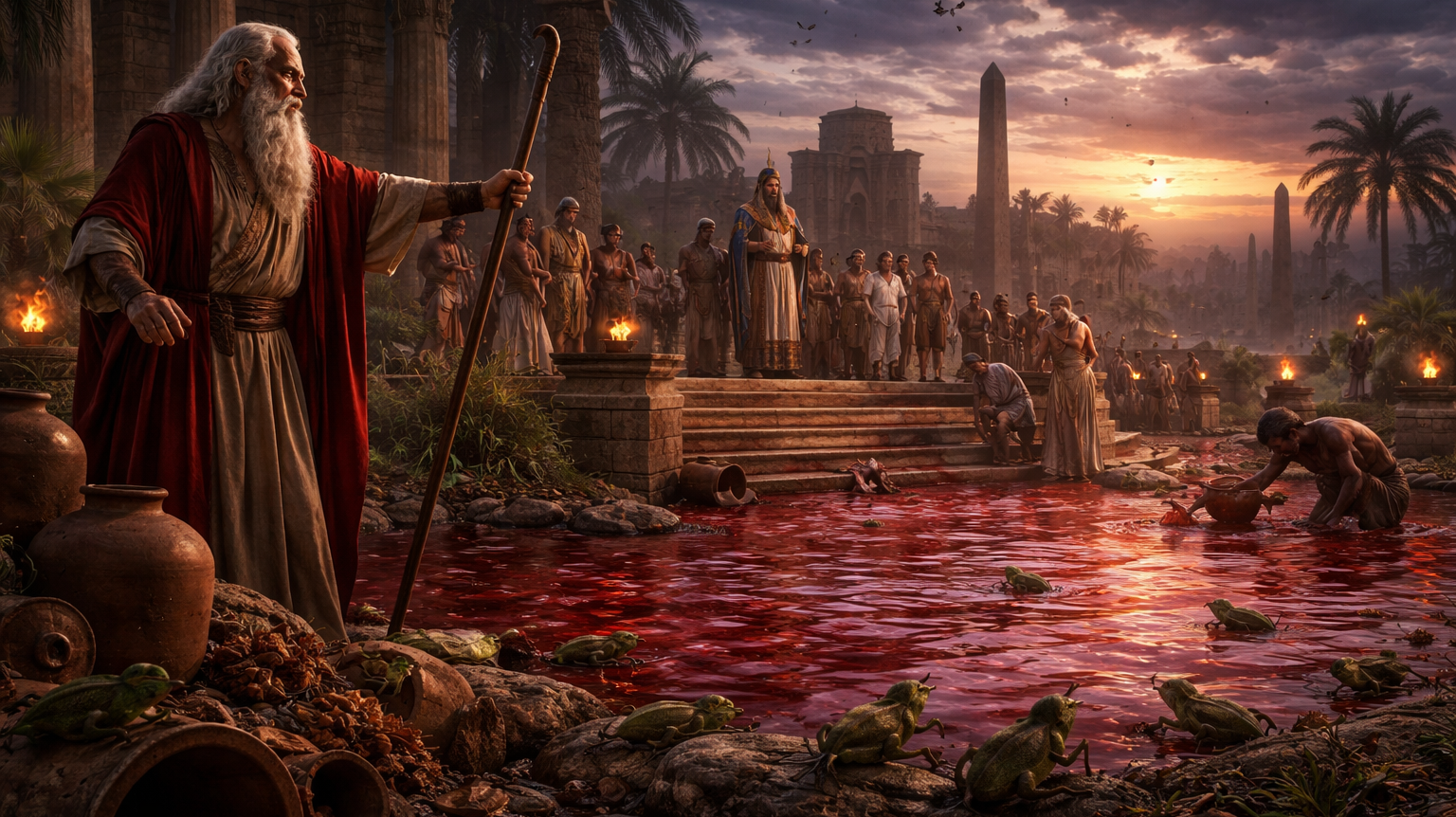Jeremiah was one of the major prophets in the Bible, known for his deep emotional connection to his message and his unwavering dedication to God. His life and prophecies were filled with powerful insights and dramatic moments that have left a lasting legacy in biblical history. Here are 10 fascinating facts about the prophet Jeremiah, along with key Bible verses that highlight his remarkable journey.
1. Jeremiah Was Called as a Prophet at a Young Age
Jeremiah’s calling to be a prophet came when he was still quite young. He was about 20 years old when God spoke to him and set him apart for a life of prophecy. In Jeremiah 1:4-7, we read:
“The word of the Lord came to me, saying, 'Before I formed you in the womb, I knew you, before you were born, I set you apart; I appointed you as a prophet to the nations.' 'Alas, Sovereign Lord,' I said, 'I do not know how to speak; I am too young.' But the Lord said to me, 'Do not say, “I am too young.” You must go to everyone I send you to and say whatever I command you.'”
This moment marks the beginning of Jeremiah's prophetic ministry.
2. Jeremiah Is Known as the “Weeping Prophet”
Jeremiah's ministry was marked by sorrow and grief over the people of Judah and their refusal to repent. He often expressed his deep anguish over the destruction that was coming to his nation. In Jeremiah 9:1, he says:
“Oh, that my head were a spring of water and my eyes a fountain of tears! I would weep day and night for the slain of my people.”
His heartache is one of the key aspects of his prophetic role.
3. Jeremiah Prophesied the Fall of Jerusalem
Jeremiah’s primary message to the people of Judah was the coming judgment due to their sin and disobedience to God. He foretold the fall of Jerusalem and the destruction of the Temple. In Jeremiah 25:11-12, he says:
“This whole country will become a desolate wasteland, and these nations will serve the king of Babylon seventy years. But when the seventy years are fulfilled, I will punish the king of Babylon and his nation...”
This prophecy was eventually fulfilled when the Babylonians conquered Jerusalem.
4. Jeremiah Was Persecuted for His Message
Jeremiah faced intense persecution and rejection throughout his life. He was often beaten, thrown into prison, and faced ridicule for delivering such difficult prophecies. In Jeremiah 20:2, we see an example of his persecution:
“Pashhur had the prophet Jeremiah beaten and put in the stocks at the upper gate of Benjamin at the Lord’s temple.”
Despite these hardships, Jeremiah remained faithful to his calling.
5. God Told Jeremiah Not to Marry
God commanded Jeremiah to remain single as part of his prophetic message to the people of Judah. His unmarried status was a reflection of the coming desolation and the lack of hope for future generations. In Jeremiah 16:1-2, God speaks to him:
“The word of the Lord came to me: 'You must not marry and have sons or daughters in this place.'”
This was a unique aspect of Jeremiah’s life and prophetic mission.
6. Jeremiah Predicted the Exile of Judah
One of the most important aspects of Jeremiah's ministry was his prophecy of the Babylonian exile. He warned that the people of Judah would be taken captive if they did not repent. In Jeremiah 27:6-7, we read:
“Now I will give all your countries into the hands of my servant Nebuchadnezzar king of Babylon; I will make even the wild animals subject to him... All nations will serve him and his son and his grandson until the time for his land comes.”
This exile would last 70 years, as foretold by Jeremiah.
7. Jeremiah Wrote the Book of Lamentations
In addition to the book of Jeremiah, the prophet is traditionally believed to have authored the Book of Lamentations. This book expresses his deep sorrow over the fall of Jerusalem and the suffering of the people. In Lamentations 1:1, we find his sorrowful words:
“How deserted lies the city, once so full of people! How like a widow is she, who once was great among the nations! She who was queen among the provinces has now become a slave.”
Lamentations is a series of mourning poems expressing the devastation of Judah.
8. Jeremiah Was an Advocate for Repentance
Throughout his ministry, Jeremiah called the people of Judah to repent and return to God. He emphasized the importance of true repentance, not just outward rituals. In Jeremiah 3:12-13, God speaks to the people:
“Go, proclaim this message toward the north: 'Return, faithless Israel,' declares the Lord, 'I will frown on you no longer, for I am faithful,' declares the Lord, 'I will not be angry forever. Only acknowledge your guilt— you have rebelled against the Lord your God...’”
His call for repentance was a major theme in his prophecies.
9. Jeremiah’s Prophecies Included Hope for Restoration
Even though Jeremiah’s prophecies often focused on judgment, he also offered hope for a future restoration. He promised that God would eventually bring back the people from exile and restore the land. In Jeremiah 29:10-11, God speaks to the exiles:
“'When seventy years are completed for Babylon, I will come to you and fulfill my good promise to bring you back to this place. For I know the plans I have for you,’ declares the Lord, ‘plans to prosper you and not to harm you, plans to give you a hope and a future.’”
This is one of the most comforting and well-known verses in the book of Jeremiah.
10. Jeremiah Used Symbolic Acts to Illustrate His Prophecies
Jeremiah often used symbolic acts to visually communicate his messages. One such act was the purchase of a field in Jeremiah 32:6-15, which symbolized God's future restoration of the land. In Jeremiah 32:15, God declares:
“‘This is what the Lord Almighty, the God of Israel, says: ‘Houses, fields, and vineyards will again be bought in this land.’”
These symbolic acts made Jeremiah’s prophecies come alive for the people.
























